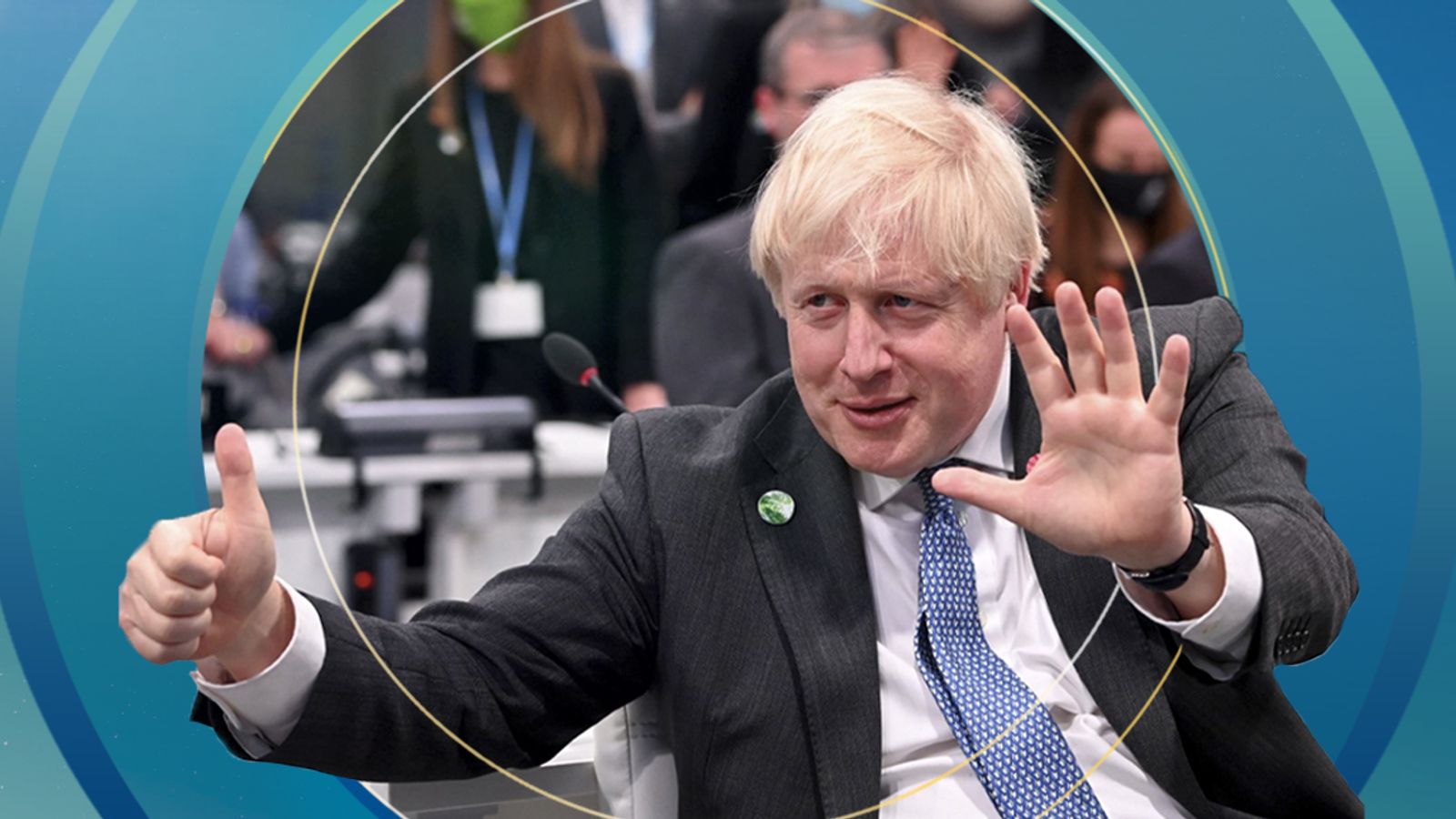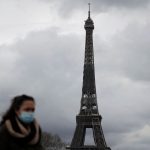A pledge made at COP26, hailed as a key achievement of the climate summit for “keeping 1.5C alive’, has not yet been delivered by any of the major economies in the G20.
At the Glasgow climate talks countries promised to ramp up their 2030 climate action plans before the next yearly summit, in the hopes of keeping alive the chances of limiting warming to 1.5C above pre-industrial levels.
At the half-way point to COP27, none of the G20 countries has yet come up with a more ambitious pledge, nor have COP27 or COP28 hosts, Egypt and the UAE, according to analysis by think tanks.
Brazil is the only country that has published a new climate action target – known as “nationally determined contributions” (NDC) – but the think tanks say it is actually “worse” than the previous because the country has shifted the baseline.
The group of 20 countries have a disproportionate impact on the world’s climate, as they responsible for around 80% of global emissions.
This morning COP26 President Alok Sharma told Bloomberg TV: “The G20 matter. They really matter as part of this discussion.”
The Conservative MP was responding to a question about Australia’s new President Anthony Albanese, elected over the weekend on a mandate to tackle climate change in a country that had slightly dragged its heels.
HSBC suspends senior banker for dismissing ‘nut job’ climate change warnings, reports say
Climate crisis: Kyoto cherry blossom season shifted by global warming and urban development
Sean Paul on climate change – from beach cleans to coral reef restoration
“Of course I welcome the fact that we’re going to have more countries coming forward with commitments,” Mr Sharma added. He said forums such as the G7, G20 and UN General Assembly, all happening before COP27, must put pressure on countries to speed up their climate action.
The UK’s COP26 team was not immediately available to comment.
Short term action, like 2030 targets, on the climate crisis matter because every greenhouse gas emitted contributes to warming, so quick action means less warming.
Russia’s invasion of Ukraine has shifted the geopolitical context, with many nations seeking to accelerate their shift to clean energy in order to get off Russian fossil fuels to stop money flowing to the Kremlin.
Mr Sharma, speaking on Bloomberg at the World Economic Forum in Davos, said we “cannot allow” the war in Ukraine to create a “setback in terms of commitments on climate”.
“What it should be doing is making us redouble our efforts to deliver on the commitments we’ve made,” he said.
Gareth Redmond-King from climate think tank ECIU, which co-published the analysis with E3G, called it a “as clear a to-do list as could be for G20 leaders and upcoming COP presidents” as the world “confronts a plethora of interconnected crises”.
Their report suggests Australia, Brazil, Indonesia and Mexico’s last versions of 2030 NDCs actually did nothing to limit their emissions.
China, Russia and Saudi Arabia did improve their plans the last time round, but still have “considerable scope” to go further, the think tanks say.
While some countries, such as the UK, had already submitted ambitious 2030 NDCs, so far they are falling short on implementing them, they said.
Jamal Srouji from World Resources Institute, said: “Holding global temperature rise to 1.5C is still possible – but it will require rapid, far-reaching transformations across every key emitting sector.”
Watch the Daily Climate Show at 3.30pm Monday to Friday on Sky News, the Sky News website and app, on YouTube and Twitter.
The show investigates how global warming is changing our landscape and highlights solutions to the crisis.






















